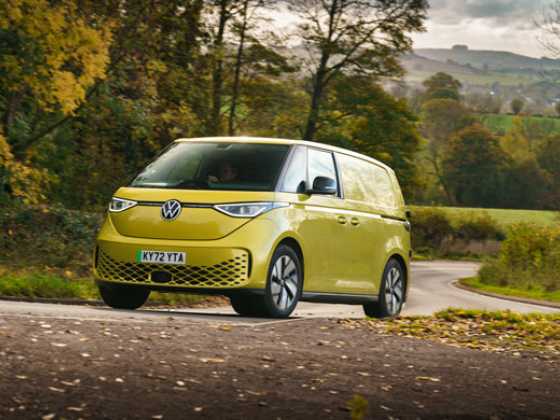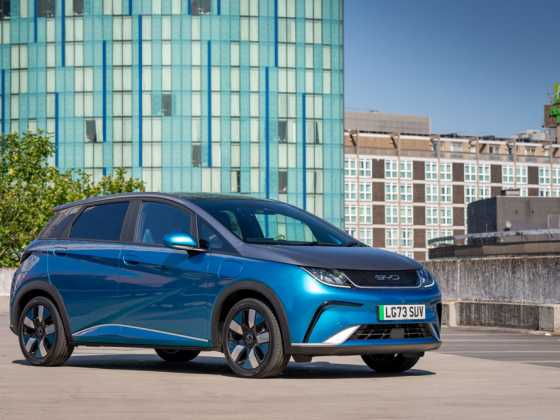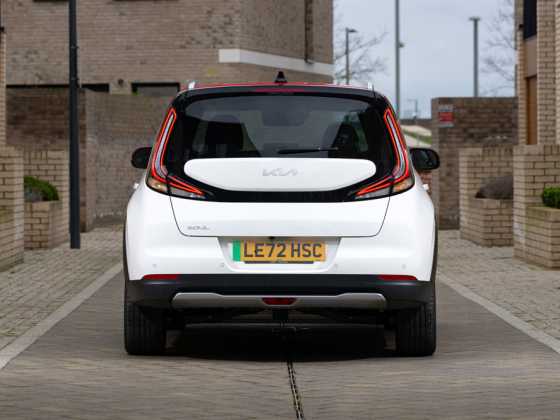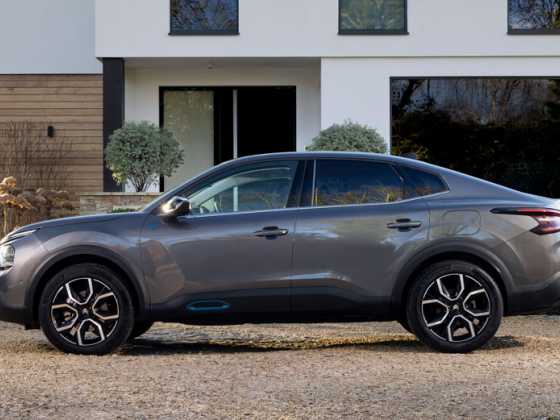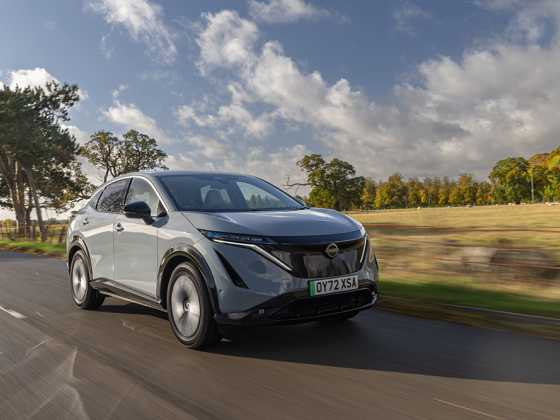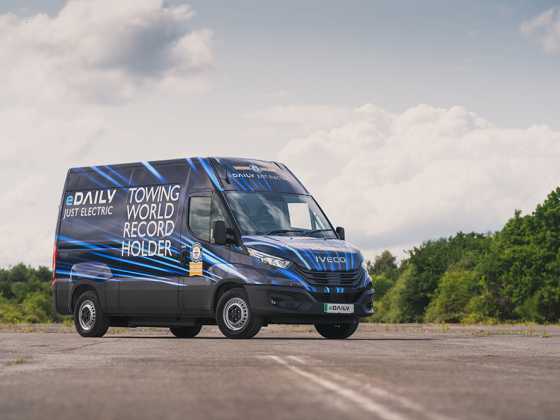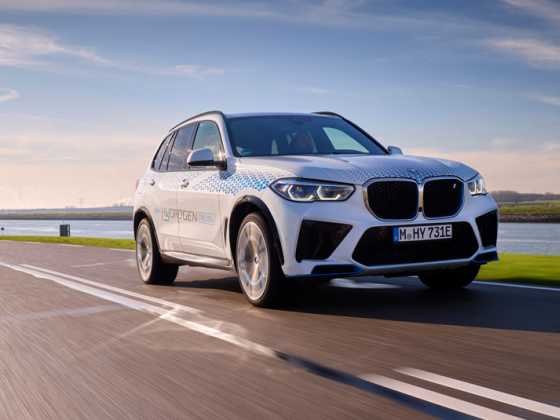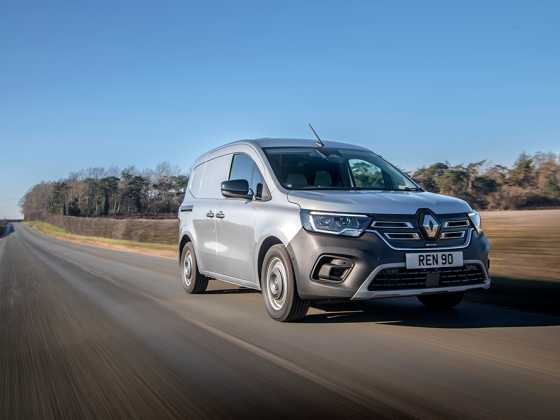Prius: What's new with the original green machine?
Fifteen years since its launch and the Prius has gone from a single model to a full family of hybrids. Angela Pisanu test drives two of the latest additions: the Prius Plug-In and the seven‑seat Prius+
 What’s the advantage of having a rechargeable Prius over a standard Prius? That was my first thought when testing the Prius Plug-In. Well, it can go further and reach higher speeds on electric power alone, and consequently, has fewer emissions overall – just 49g/km. To be more specific, Toyota says it can go 15.5 miles in pure electric mode.
What’s the advantage of having a rechargeable Prius over a standard Prius? That was my first thought when testing the Prius Plug-In. Well, it can go further and reach higher speeds on electric power alone, and consequently, has fewer emissions overall – just 49g/km. To be more specific, Toyota says it can go 15.5 miles in pure electric mode.
The car seamlessly swaps between being powered by the 1.8 petrol engine, and the electric motor, depending on what the car needs to perform its best and achieve maximum fuel efficiency. You can however choose to have it in pure EV mode if, for example, you are doing short urban commutes. That way you are using no petrol and emitting zero emissions. But unlike a fully electric vehicle, once the battery has run out, the petrol engine takes over, meaning there’s no restrictions on how far you can drive. Thanks to the car’s extended EV range, the Prius Plug-In can achieve a remarkable mpg value of 134.5mpg – 45 per cent higher than the standard Prius. And once the battery has run out and the car is being driven by petrol alone, the car still achieves 78.5mpg and 85g/km CO2, which is still impressive.
TESTING, TESTING
So how did the car perform? It’s quiet, smooth and comfortable, yet feels powerful, especially when pulling off as the electric motor gives it instant torque. Despite being 55kg more than the standard model, it still feels agile and responsive. The switch between petrol and electric mode is virtually undetectable. On a 112 mile trip to London including city driving and motorway driving, I achieved 69mpg which is pretty good for a real world test.
To charge the battery, there’s a cable in the boot with a standard three pin plug that can fit into any domestic socket and will take about an hour and a half to recharge. Obviously, keeping the battery fully charged will give you the maximum fuel efficiency of the car, and keep emissions and fuel costs down. What’s more, the car cleverly makes use of regenerative braking – converting lost heat from braking into energy to charge the battery – which adds to the EV range and overall efficiency of the car.
The Prius Plug-In costs £33,245, but this falls to £28,245 with the benefit of the £5,000 Government grant. It also benefits from zero London congestion charge.
SEVEN-SEATER HYBRID The Prius+ retains the same distinctly Prius shape – albeit longer, wider and higher than the standard model – but has the ability to seat seven inside, in three rows of seats. The third row of seats does take up boot space, but when folded down, there’s 784 litres of cargo space. When all the rear seats are folded flat, a maximum 1,750 litres is available. All-in-all, the Prius+ is a different driving experience from the Plug-In. It works in the same way, in that the 1.8 petrol engine and the lithium battery work together, swapping between EV and petrol mode depending on the driving requirements. But the transition between petrol and EV mode is less seamless, which takes away some of the fluidity of the drive. That said, once cruising the car is smooth, quite and comfortable. What’s more, I drove the Prius+ in settled snow and was impressed with how well it handled, retaining its grip and response.
The Prius+ retains the same distinctly Prius shape – albeit longer, wider and higher than the standard model – but has the ability to seat seven inside, in three rows of seats. The third row of seats does take up boot space, but when folded down, there’s 784 litres of cargo space. When all the rear seats are folded flat, a maximum 1,750 litres is available. All-in-all, the Prius+ is a different driving experience from the Plug-In. It works in the same way, in that the 1.8 petrol engine and the lithium battery work together, swapping between EV and petrol mode depending on the driving requirements. But the transition between petrol and EV mode is less seamless, which takes away some of the fluidity of the drive. That said, once cruising the car is smooth, quite and comfortable. What’s more, I drove the Prius+ in settled snow and was impressed with how well it handled, retaining its grip and response.
The Prius+ achieves a combined mpg of 68.9mpg and emits 96g/km. Driving the car 53 miles, mainly on the motorway, I achieved 56.4 mpg. Compare this to other seven seater vehicles on the market and this is impressive.
The Prius+ is fitted as standard with a large panoramic roof, measuring about two and a half times the size of that on the standard Prius. This not only looks great but adds in ample light.
The Prius+ is a great option for those who need the space and flexibility of a seven-seater, but with the low running costs associated with a low-emission vehicle, such as zero tax, fuel savings, and no London congestion charge. In fact, the Prius+ is the only seven-seat model on the UK market to come in below the 100g/km CO2 threshold

